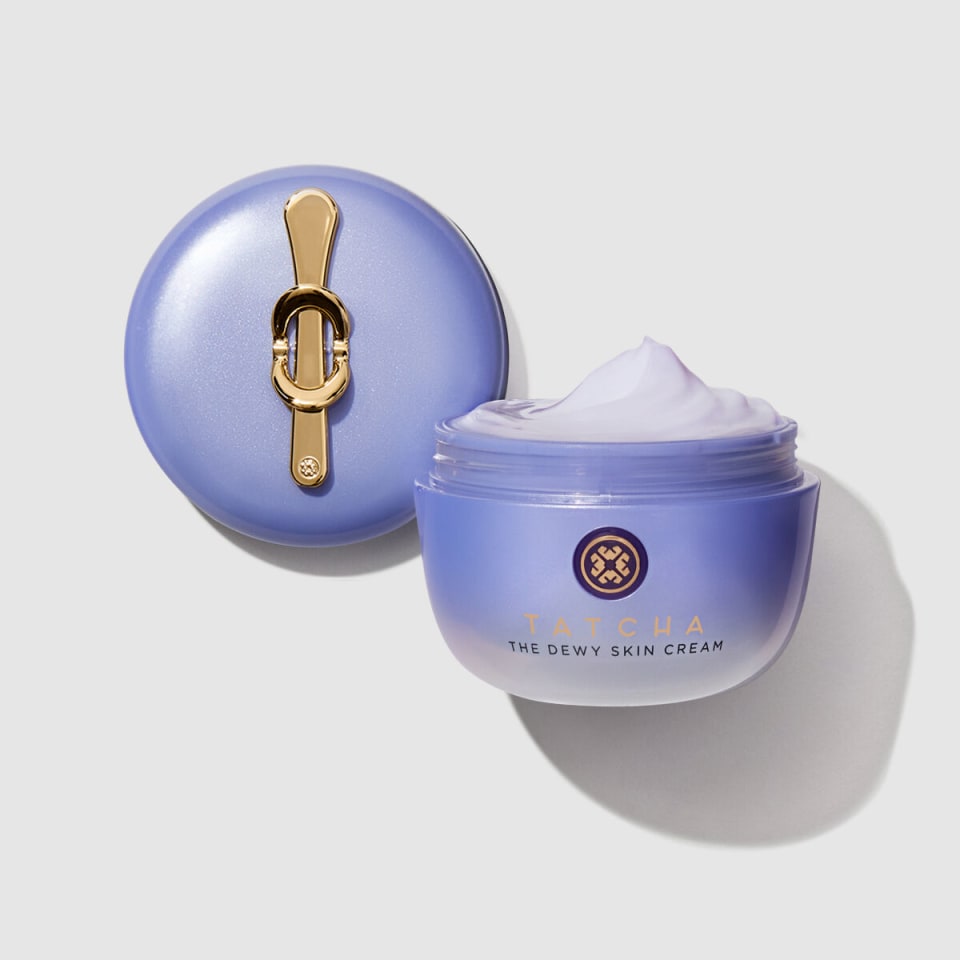
TATCHA The Dewy Skin Cream Review: Ultimate Hydration & Radiant Glow
This post contains affiliate links. As an Amazon Associate, I earn from qualifying purchases. Introduction Elevate your skincare ritual with TATCHA The Dewy Skin Cream, a rich face cream designed to hydrate, plump, and protect dry to combination skin. Infused with antioxidant-packed Japanese purple rice and a fermentation blend of superfoods, this anti-aging moisturizer delivers 3× hydration for a luminous, youthful bounce. Key Ingredients and Benefits of TATCHA The Dewy Skin Cream Saccharomyces/Rice Ferment Filtrate (Hadasei-3) Benefit: A fermentation of Japanese superfoods—including green tea, rice, and algae—helps skin look its most beautiful at any age by improving barrier function and sealing in moisture. Japanese Purple Rice Benefit: Rich in antioxidants that protect skin from free-radical damage and premature aging, while boosting luminosity. Hyaluronic Acid + Red Algae Benefit: Attracts and sustains moisture for instant plumping and long-lasting hydration. Biomimetic Squalane Benefit: Seals in hydration to maintain skin’s barrier, delivering supple, bounce-back texture. Supporting Botanical Extracts Camellia Sinensis Leaf Extract, Cladosiphon Okamuranus Extract, Chondrus Crispus Extract, Betaphycus Gelatinum Extract Provide antioxidant protection and help smooth fine lines. How to Use Scoop a pearl-sized amount of cream with the gold spoon. Massage onto face, neck, and décolletage in upward strokes. Use daily, morning and night, to lock in moisture and maintain balanced pH. Pros & Cons Pros Cons Delivers 3× hydration instantly for a dewy glow Contains fragrance and alcohol Rich, anti-aging formula visibly reduces fine lines May be too rich for very oily skin types Proven to improve barrier function and all-day radiance† Includes phenoxyethanol, potential irritant for sensitive skin Infused with antioxidant-packed Japanese purple rice to protect against premature aging Premium price point Formulated without mineral oil, sulfates, parabens, urea, DEA, TEA, or phthalates † Based on a clinical study of 36 panelists. ...